
2025
Centennial Special Week of Prayer
To observe the Reform Movement Centennial, the General Conference called for a special Week of Prayer that united churches around the world.
2025
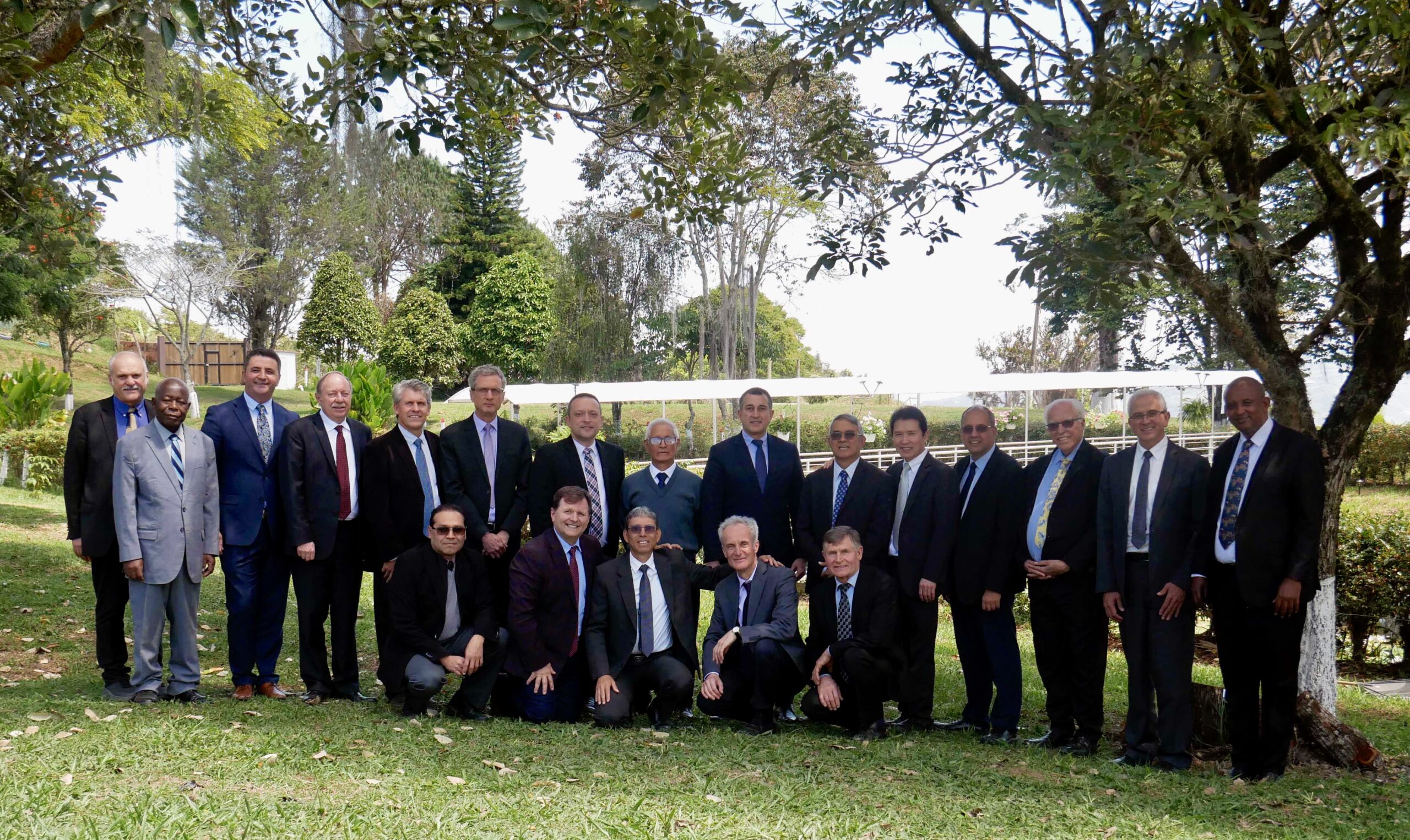
24th General Conference Session
The 24th GC Delegation Session and Conference took place in Colombia under the theme "Arise and Shine".
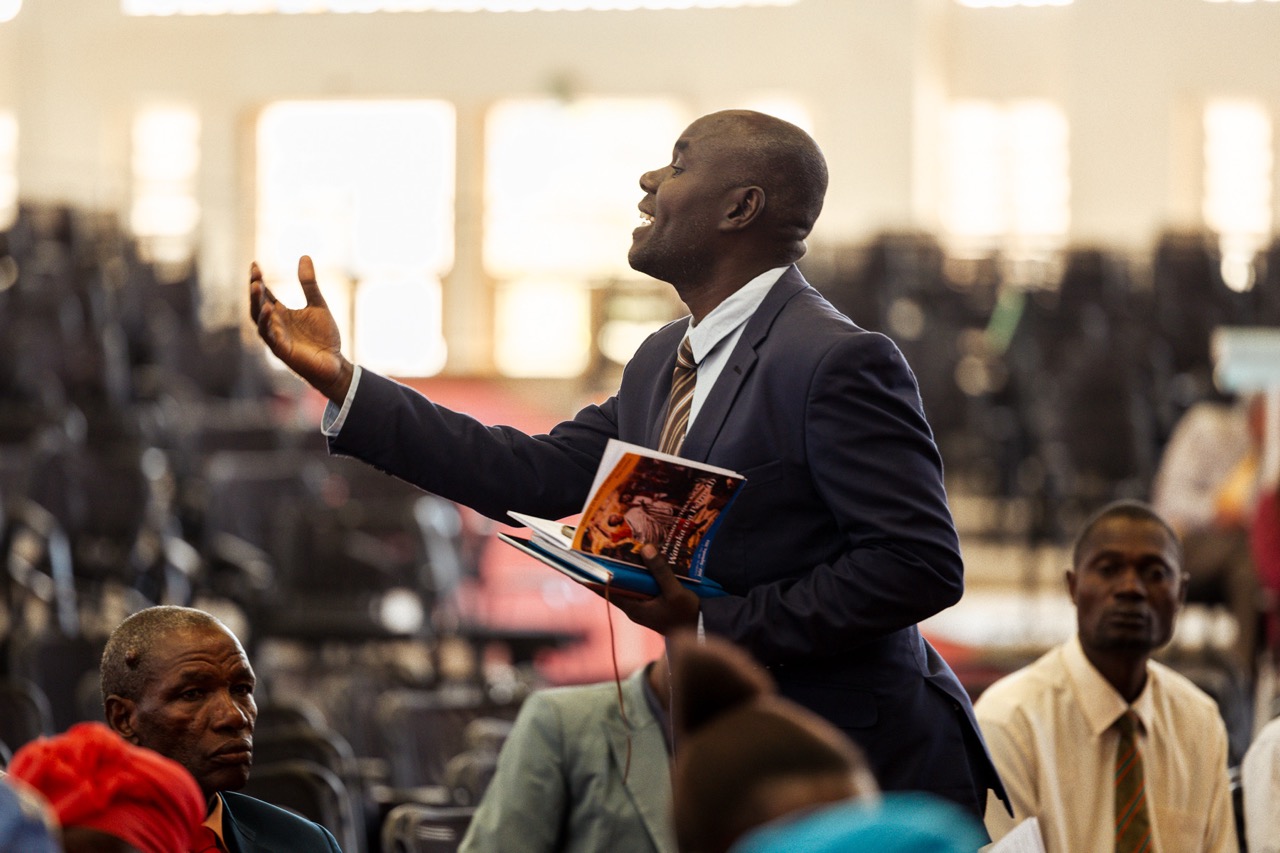
21st Century
Continued Evangelism
The Reform Movement remains dedicated to upholding original Adventist principles,
emphasizing health reform, the Sabbath,
and the second coming of Jesus Christ.
21st Century
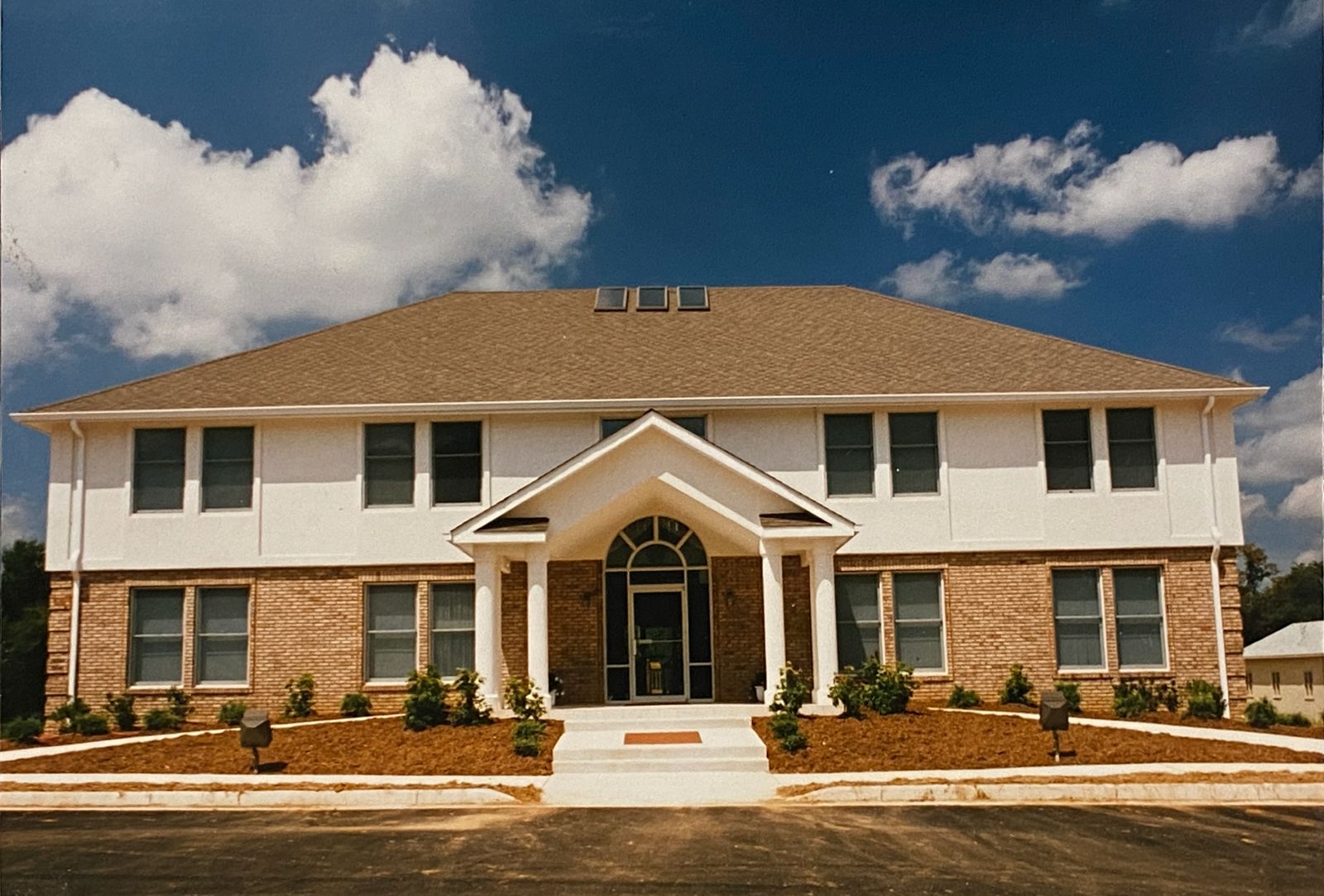
1995
Dedication of the General Conference Headquarters
The Reform Movement remains dedicated to upholding original Adventist principles,
emphasizing health reform, the Sabbath,
and the second coming of Jesus Christ.
1995
20th Century
Growth & Persecution
The Reform Movement spreads despite challenges under Communist and Fascist regimes.
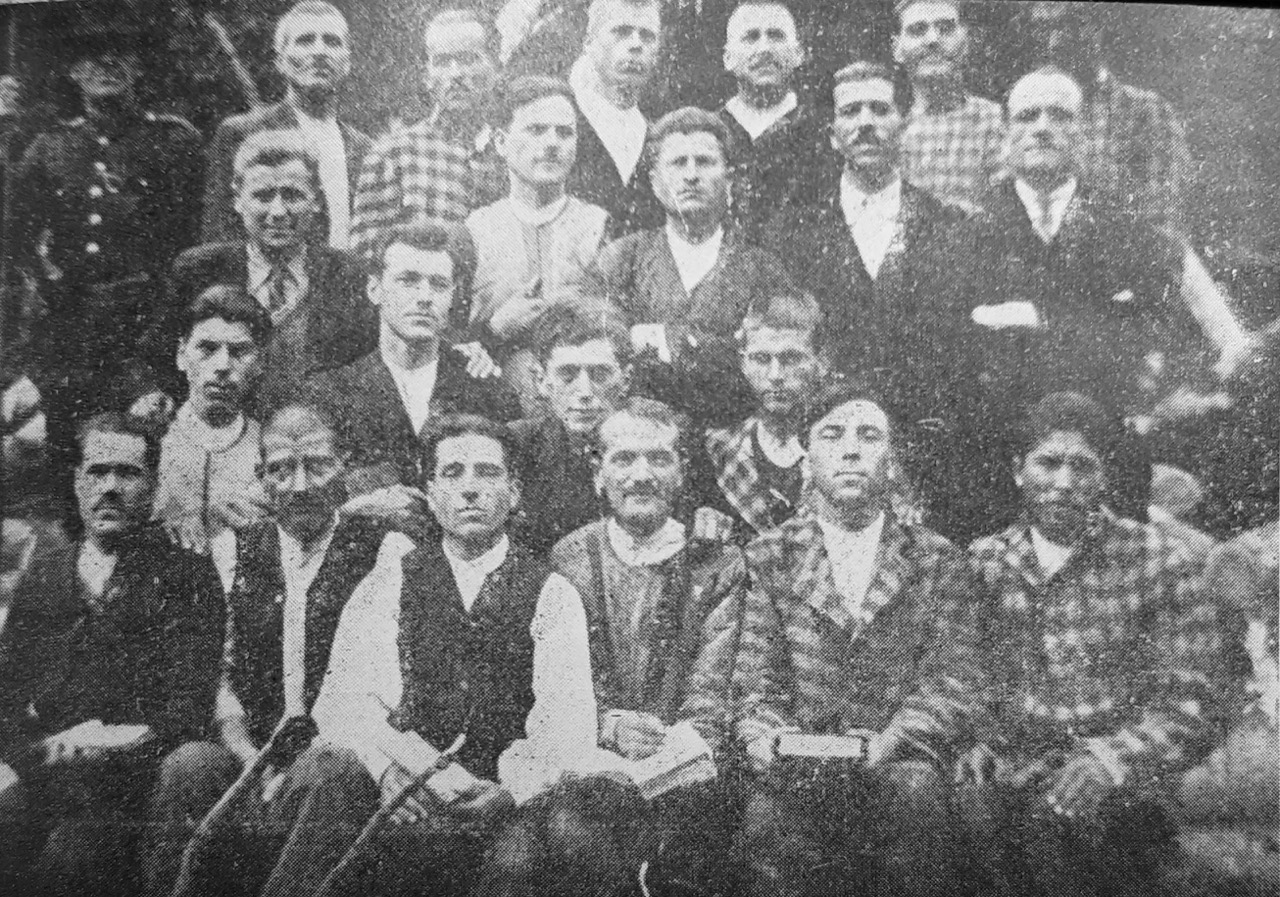
20th Century
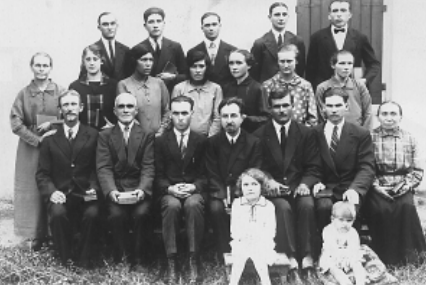
1929
A Global Movement
The movement expands internationally, organizing for global evangelism.
1929
1925
Formation of the SDA Reform Movement
Members organize the SDA Reform Movement, standing firm on biblical nonviolence, Sabbath observance, and health principles.
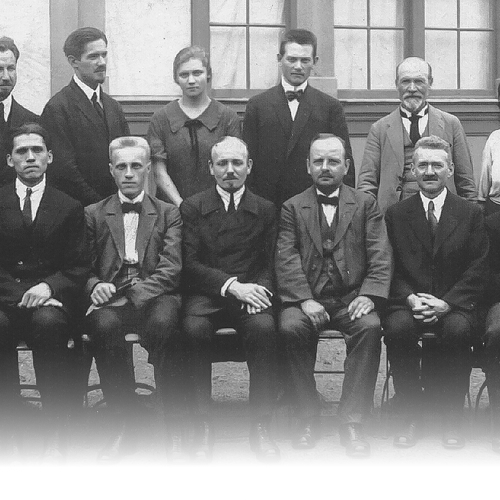
1925
1914-1918
World War I & Crisis in Adventism
During WWI, some Adventist leaders in Europe support military service, leading to a division among believers who refuse to bear arms.
1914-1918
Past General Conference Sessions

24th General Conference Session
The 24th GC Delegation Session and Conference took place in Colombia under the theme "Arise and Shine".

23rd General Conference Session
The 23rd GC Delegation Session and Conference took place in Brazil under the theme "That They May Be One".
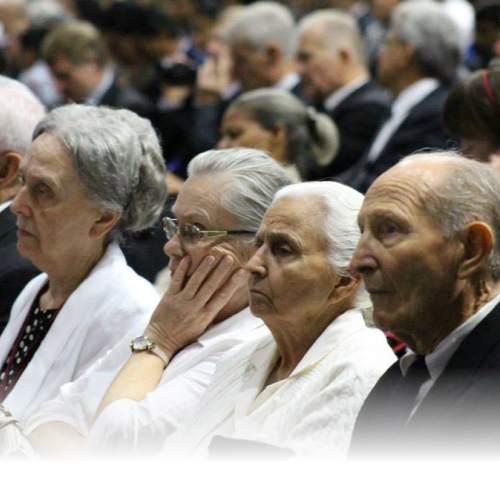
22nd General Conference Session
The 22nd GC Delegation Session & Conference was in the USA under the theme "Christ is all, and in all".

21st General Conference Session
The 21st GC Delegation Session and Conference took place in Romania under the theme "He is Coming".
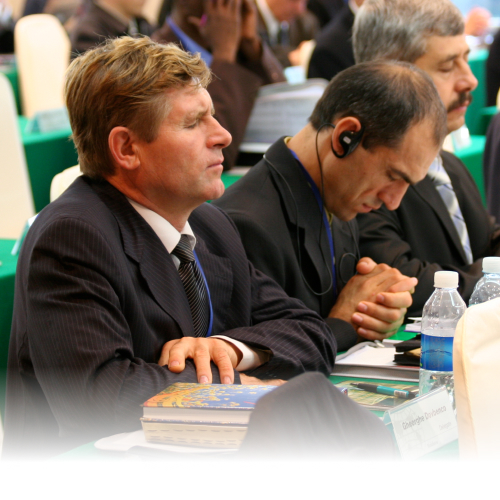
20th General Conference Session
The 20th GC Delegation Session and Conference took place in Korea under the theme "Go Ye Into All the World".

19th General Conference Session
The 19th GC Delegation Session and Conference took place in Brazil under the theme "Christ In You, the Hope of Glory".

18th General Conference Session
The 18th GC Delegation Session and Conference took place in Brazil under the theme "Almost Home".

17th General Conference Session
The 17th GC Delegation Session and Conference took place in Romania.
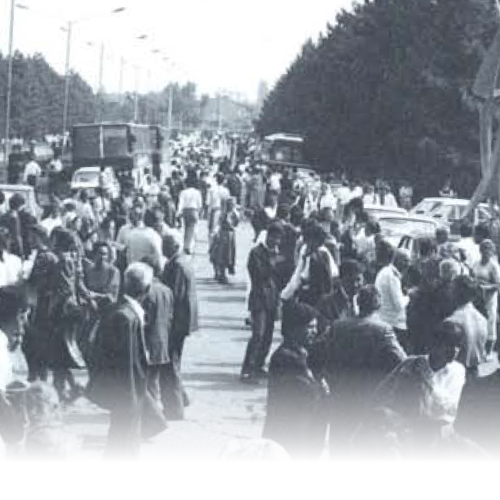
16th General Conference Session
The 16th GC Delegation Session and Conference took place in Germany under the theme "Jesus is Coming Again"
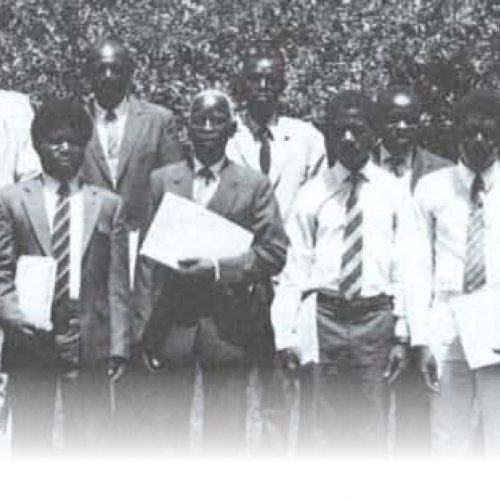
15th General Conference Session
The 15th GC Delegation Session and Conference took place in Brazil.
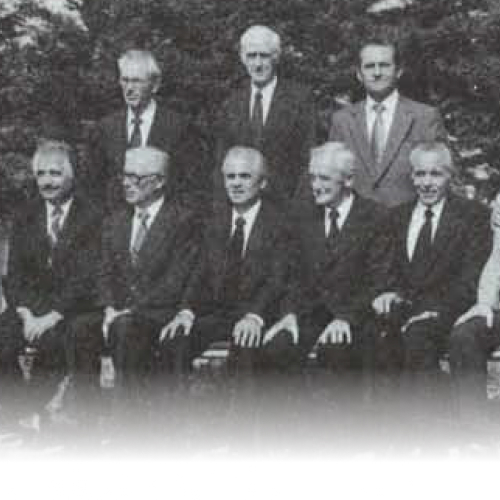
14th General Conference Session
The 14th GC Delegation Session and Conference took place in Canada.

13th General Conference Session
The 13th GC Delegation Session and Conference took place in United States.

12th General Conference Session
The 12th GC Delegation Session and Conference took place in Brazil.

11th General Conference Session
The 11th GC Delegation Session and Conference took place in Brazil.

10th General Conference Session
The 10th GC Delegation Session and Conference took place in Brazil.
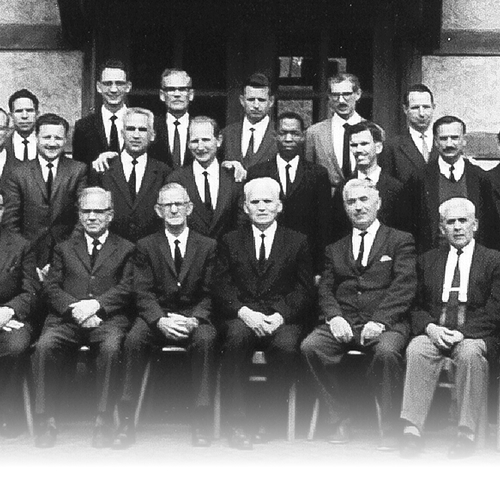
9th General Conference Session
The 9th GC Delegation Session and Conference took place in Germany.

8th General Conference Session
The 8th GC Delegation Session and Conference took place in Brazil.
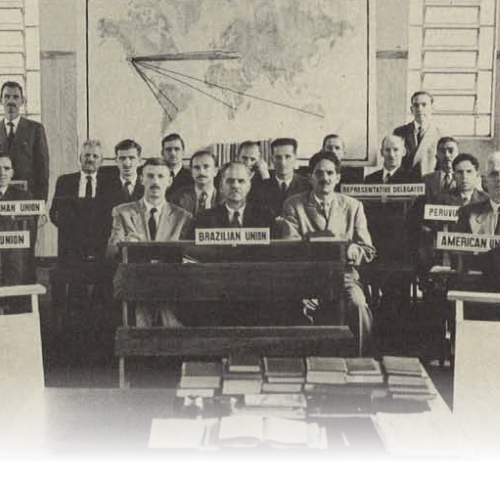
7th General Conference Session
The 7th GC Delegation Session and Conference took place in Brazil.
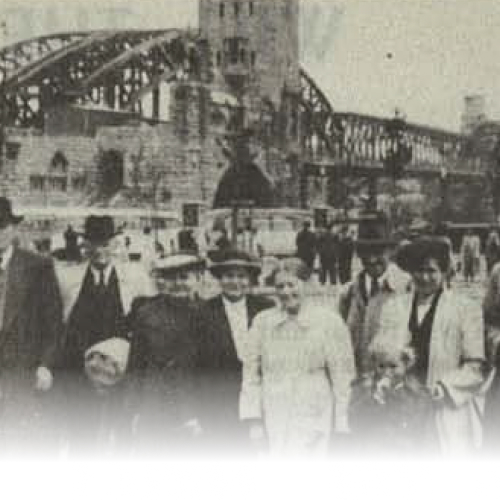
6th General Conference Session
The 6th GC Delegation Session and Conference took place in Netherlands.

5th General Conference Session
The 5th GC Delegation Session and Conference took place in Netherlands.

4th General Conference Session
The 4th GC Delegation Session and Conference took place in Hungary.

3rd General Conference Session
The 3rd GC Delegation Session and Conference took place in Germany.
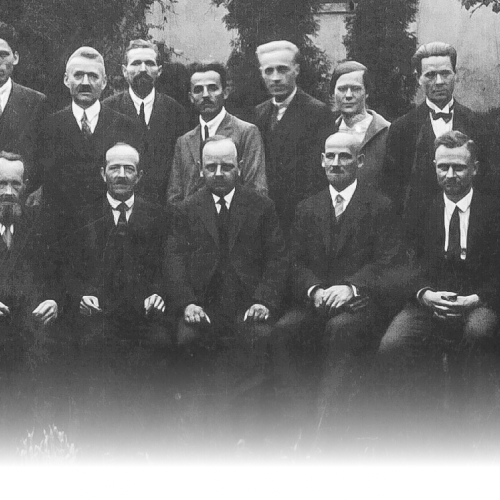
2nd General Conference Session
The 2nd GC Delegation Session and Conference took place in Germany.

1st General Conference Session
The 1st GC Delegation Session and Conference took place in Germany.
2025
2019
2015
2011
2007
2003
1999
1995
1991
1987
1983
1979
1975
1971
1967
1963
1959
1955
1951
1948
1934
1931
1928
1925
The Advent Movement & the Birth of Seventh-day Adventism
1863
Organization of the Seventh-day Adventist Church
The Adventist Church officially forms to spread the Three Angels' Messages (Revelation 14).
1863
1844
Investigative Judgement & the Sabbath Restored
Adventist pioneers, including Ellen G. White, Joseph Bates, and James White, embrace the seventh-day Sabbath and understand Christ's work in the heavenly sanctuary.
1844
1831-1844
The Millerite Movement
William Miller preaches Christ's imminent return. The Great Disappointment of 1844 leads to further biblical study.
1831-1844
16th-17th Century
Continued Reformation
Other reformers, like Calvin and Wesley, restore scriptural truths, but Sabbath-keeping is largely neglected.
16th-17th Century
The Protestant Reformation & the Restoration of Truth
1517
Martin Luther's Reformation
Luther protests Catholic doctrines, emphasizing salvation by faith.
1517
4th-15th Century
Papal Supremacy & Apostasy
Bible Sabbath keepers are persecuted for their faith.
4th-15th Century
AD 321
Sunday Legislation
Constantine enacts the first Sunday law, shifting away from biblical Sabbath observance.
AD 321
AD 313
Constantine & Legalization of Christianity
Roman Emperor Constantine legalizes Christianity but incorporates pagan elements.
AD 313
1st-4th Century AD
Apostolic & Persecuted Church
The apostles spread Christianity, but as persecution increases, the church begins compromising biblical principles.
1st-4th Century AD
AD 70
Destruction of Jerusalem
Jerusalem is sieged and the temple is destroyed.
AD 70
AD 31
Crucifixion & Pentecost
Christ’s death and resurrection inaugurate the New Covenant, and the Christian church is empowered at Pentecost.
AD 31
c. 4 BC
Jesus Christ's Ministry
Jesus fulfills Old Testament prophecies, teaching God’s law, including the Sabbath, and establishing the early Christian faith.
c. 4 BC
538 BC
Return & Rebuilding of Jerusalem
Led by Ezra and Nehemiah, Israel returns to rebuild the temple and restore God’s law.
538 BC
722 BC & 586 BC
Dispersions
Assyria and Babylon exile Israel and Judah due to apostasy.
722 BC & 586 BC
c. 1000 BC
Kingdom of Israel
King David and later Solomon establish Israel as a significant kingdom, with the temple as the center of worship.
c. 1000 BC
c. 1446 BC
Exodus & Sinai Covenant
God delivers Israel from Egypt and gives them the Ten Commandments, including the Sabbath (Exodus 20:8-11).
c. 1446 BC
c. 2000 BC
Abrahamic Covenant
God calls Abraham, establishing a chosen people to preserve His truth.
c. 2000 BC

